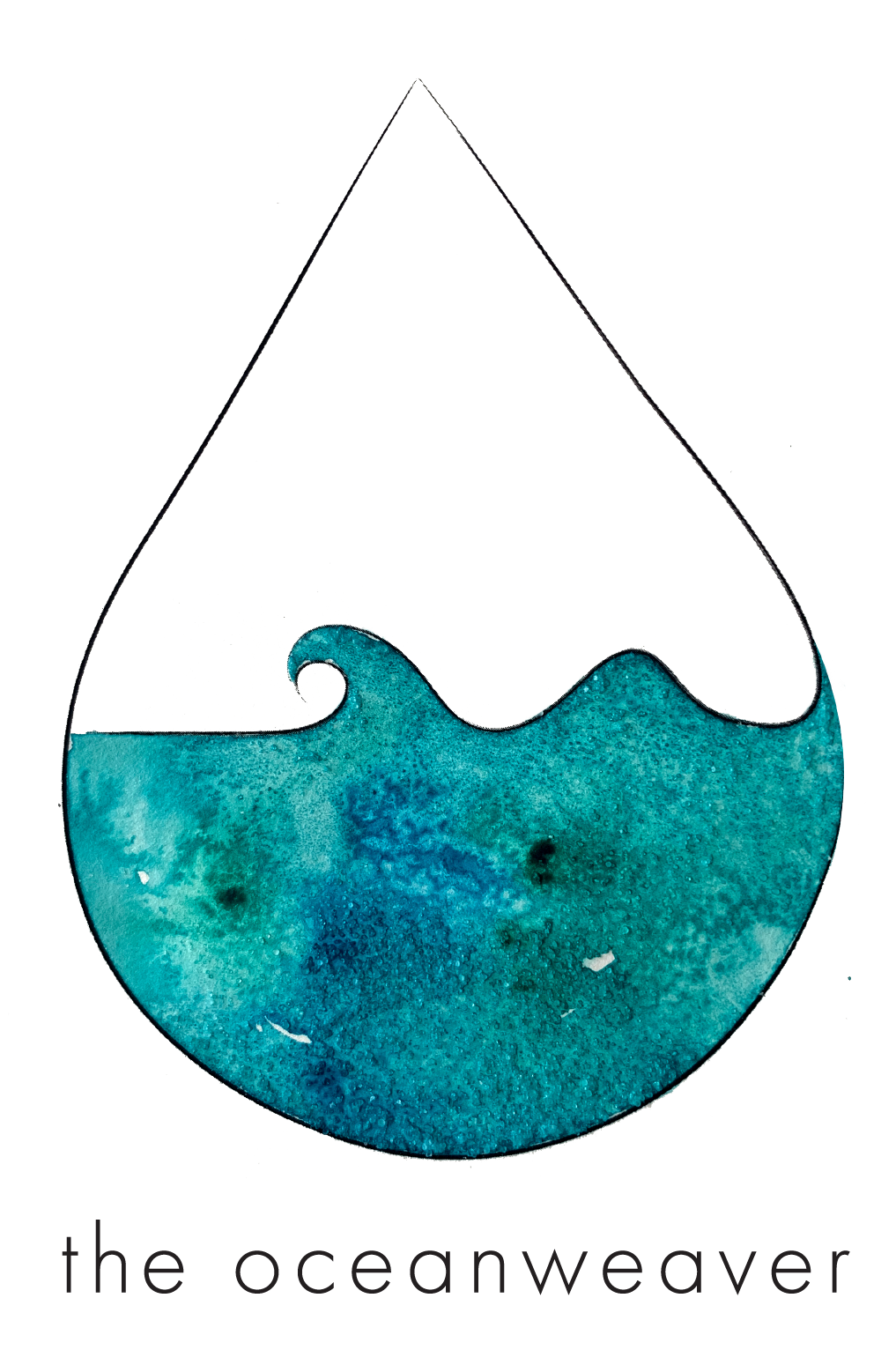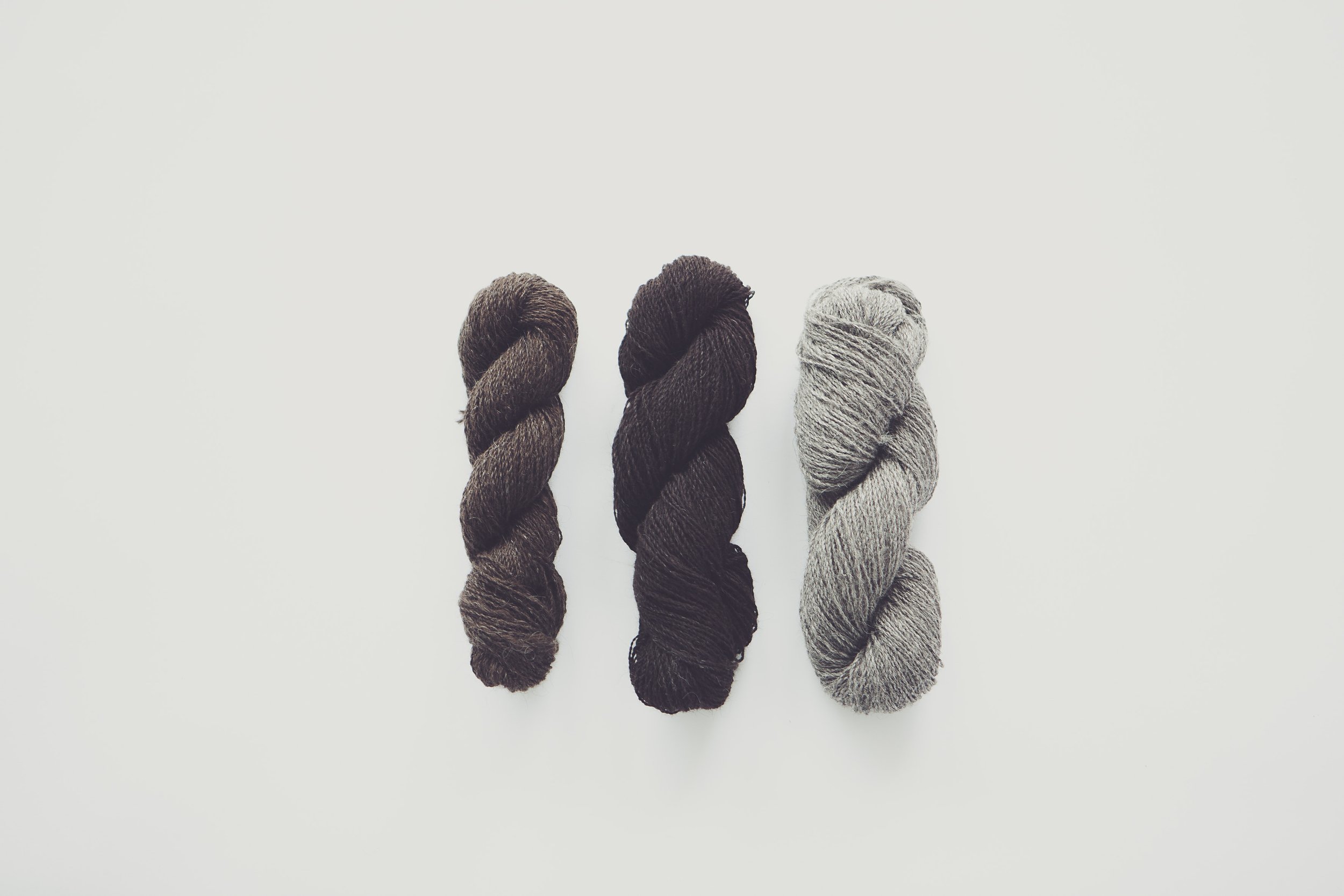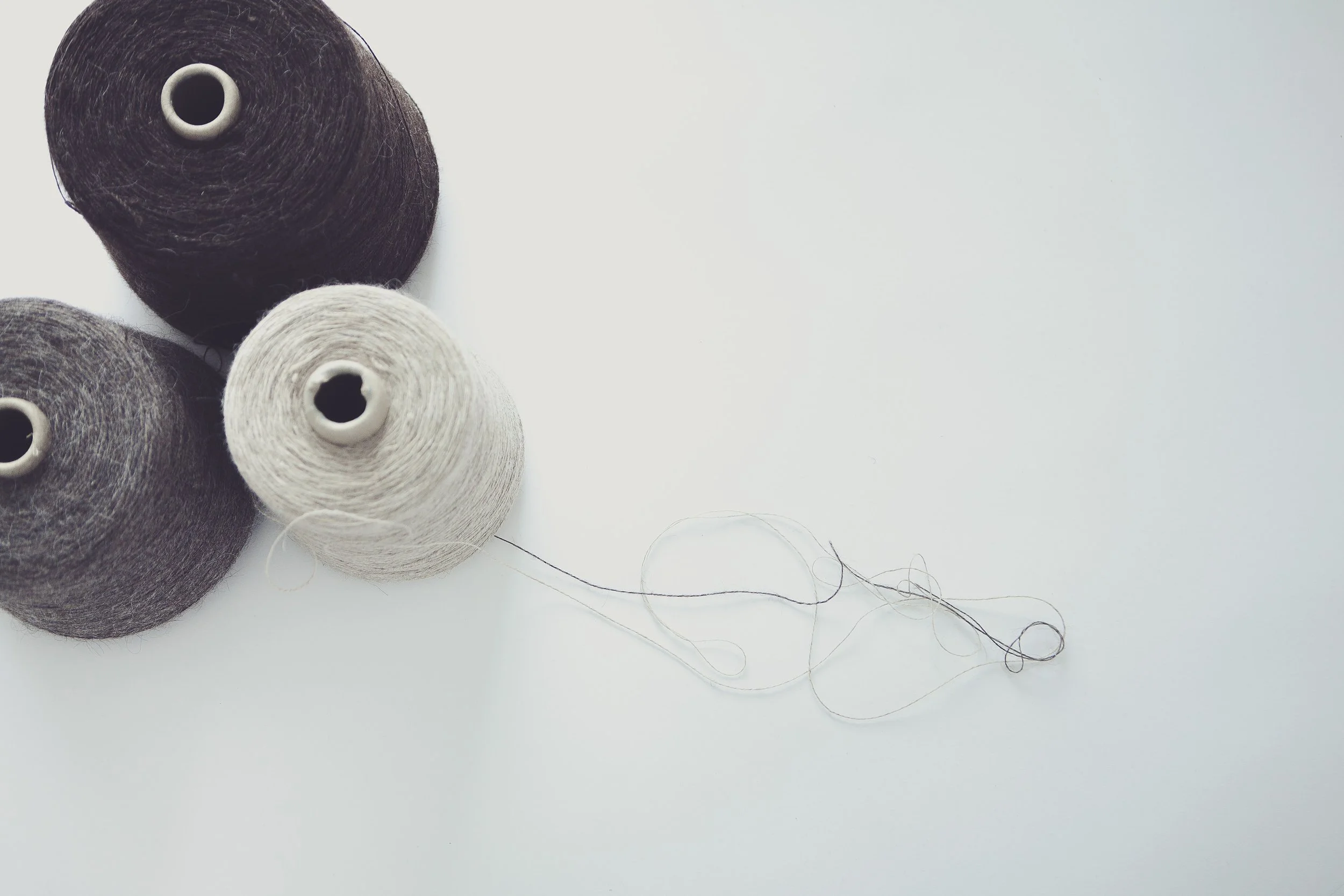THE BLACK SHEEP Project
During the pandemic, I embarked on a transformative journey by participating in the online seminar, "From Farm to Fabric to Fashion," organized by the World Hope Forum. This unique experience led me to connect with a remarkable community of creators and visionaries from all corners of the globe, spanning Africa, Peru, and Japan. Together, we shared a common mission: to revolutionize the conventional textile industry and explore alternative pathways. The World Hope Forum served as a dynamic platform, spotlighting the collective potential to bring about profound change from within, driven by hope rather than fear.
As a textile designer and artist, my work has always revolved around conscientious material choices and the longevity of the products I create. Concepts like "cradle to cradle" and "eco-efficiency" have guided my creative process. I firmly believe that if I, as a maker, don't produce items I can wholeheartedly stand behind, then how can I expect customers to break free from the buy-and-throw-away mentality, perpetuated by fleeting trends?
The recent climate report from the United Nations only reinforced the urgency of this commitment. It's not improving; it's worsening. We find ourselves in the throes of a full-fledged climate crisis, yet, it seems to be either ignored, overlooked, or endlessly debated. Is this the reason nothing ever seems to change?
But there's a collective of creators out there actively seeking alternative paths, a global movement without borders. It transcends the confines of polished, capitalistic mainstream culture. It's international in its reach and interdisciplinary in its approach. It's rooted in love and peace. It was during and after the seminar that I finally grasped the profound journey I had been on for years, and I chose to give it a name: "The Black Sheep Project."
"The Black Sheep Project" represents my commitment to strengthening local infrastructure, creating local jobs, and promoting meaningful ethical production within the textile industry, all while pursuing a low-carbon emission textile production process. It's a commitment to crafting textiles with character and a sense of purpose.
The first tangible outcome of this endeavor is "V i n r," a collection of handwoven textiles with a distinct attitude.





